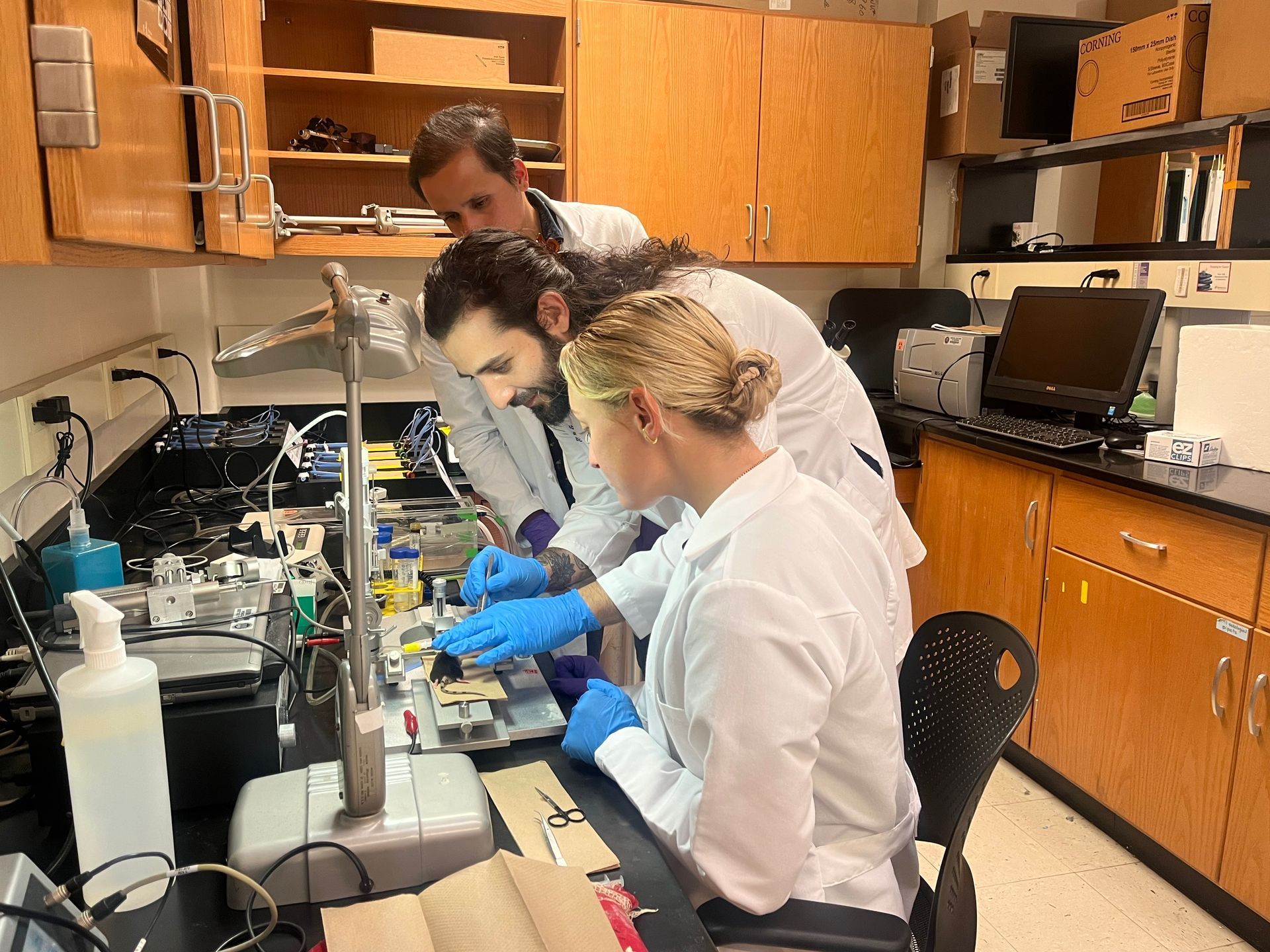
Dr. Phillip Wang, PHD
Augusta University of Georgia
Dr. Phillip Wang is a renowned molecular geneticist and neuroscientist, currently serving as a faculty member at Augusta University. He earned his Ph.D. from Columbia University, where he trained under Nobel laureate Dr. Eric Kandel, and later completed postdoctoral training at MIT under the mentorship of Nobel laureate Susumu Tonegawa.
Dr. Wang's research explores the mechanisms through which diseases and life experiences—such as traumatic events, injuries, and substance abuse—affect cognitive functions, emotions, and the integrity of neural networks. He is a pioneer in the use of genetic modifications to study brain functions, having developed the inducible transgenic mouse system that is now utilized by laboratories globally and cited in hundreds of key publications.
His groundbreaking research on the role of dopamine signaling in habit learning was recognized as one of the top 100 most impactful papers of the year. His lab has also made significant contributions to the development of techniques for gene expression modification and neural activity manipulation. In parallel, they have devised comprehensive methods for assessing changes in cognitive functions, anatomical structures, synaptic plasticity, and neuron activity across various brain regions. These tools have been pivotal in studying neural injuries, vascular impairments, and the effects of substance abuse, as well as in developing targeted treatments for symptoms such as anxiety, depression, learning impairments, and cell death.
Dr. Wang's recent research focuses on the interactions between the vascular, immune, and nervous systems. By advancing the understanding of these interactions, his work aims to create new diagnostic, prognostic, and therapeutic approaches. In collaboration with colleagues, Dr. Wang is also integrating artificial intelligence into behavioral and physiological analyses, as well as disease interventions.






